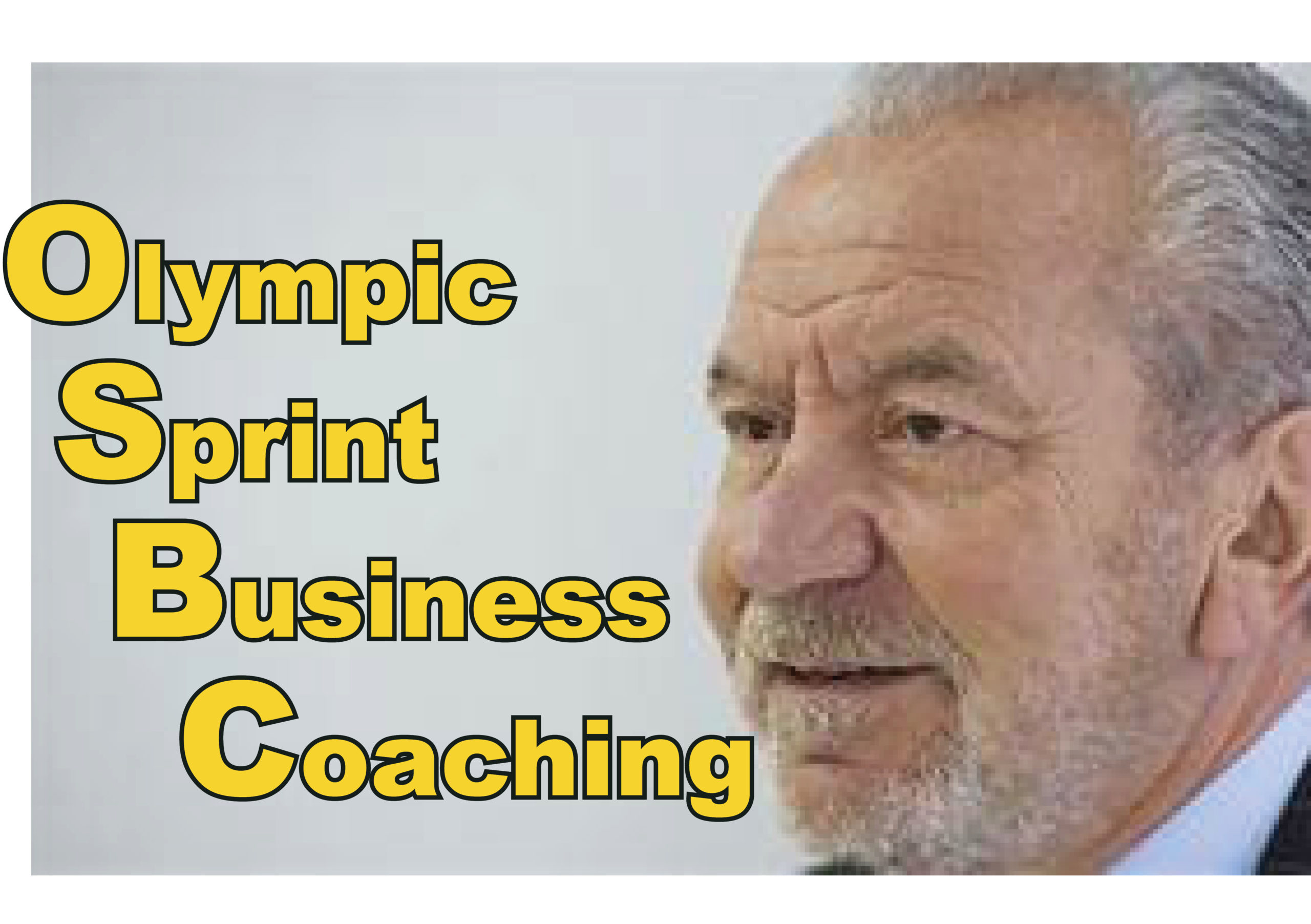 I used to be an avid watcher of The Apprentice. Nowadays I might watch one or two episodes, makes a cursory assessment of the uselessness, or not, of each candidate and then keep an eye out for when the interviews of the final four or five will take place. To be fair, I can’t honestly say I would have faired much better at such an age if I’d been a candidate, but of course I like to think I would have.
I used to be an avid watcher of The Apprentice. Nowadays I might watch one or two episodes, makes a cursory assessment of the uselessness, or not, of each candidate and then keep an eye out for when the interviews of the final four or five will take place. To be fair, I can’t honestly say I would have faired much better at such an age if I’d been a candidate, but of course I like to think I would have.
Here are ten things I’ve learned directly from my observations of the main man. These are also lessons that I often have to explain and repeat to clients at the early stage of their business and those looking to expand significantly. Often both of these need to pitch to potential investors.
1. It’s all about the money, money, money.
At the end of the day, Alan (Lord) Sugar is very much about making money. That’s what you have to convince him of. Similarly with the Dragons Den programme. You get to see just how risk averse investors can be. They want to see an awful lot of work already completed before parting with their money. They generally want to see something that is already profitable and that just needs scaling up.
2. Don’t expect a salary.
If you are an entrepreneur then you certainly should not expect or demand a salary. No investor wants to pay you a salary. They expect you to be confident enough to bank on making enough from your share of the profit to compensate for that lack of salary.
3. Go with what you know
This does not mean that your idea of a product you don’t know to an audience you don’t know is not valid?
It means that you you must have a clear reason for thinking your product or service is viable or will have demand. This has to be built on knowing the industry or knowing the habits and motivations of the targeted market. This might be because you’ve previously sold another product in that market or it might be that you are, or were, a member of that target group.
4. They have to like you. Be genuine, but be nice
People invest in people they like and trust. Trust, not just in honesty, but can be trusted to put the effort in. They have to want to see someone like you succeed. They have to be happy to work with you and have you in their circles. When they have to make a borderline decision these are the things that often swing it for them. Although it may be true, you cannot simply accept that “my face didn’t fit.” If you are presenting a truly great business idea that an investor can clearly make money from, your face will absolutely fit.
5. Credibility is key
This is about you. Your own expertise, experiences and contacts. It all has to point to you being knowledgeable about your product, the industry, the targeted demographic, and also about how to actually make money. so some business savvy.
6. Get the market statistics
You need to be targeting an already existing and lucrative market, or else a clearly emerging but also lucrative market. With the former you are saying that there are already a few boys out their making millions or even billions and that you have a clear strategy for attracting some of that money being spent. With the latter (new or emerging market) it’s about getting ahead of the game and capturing the market for life or at least making an early killing before others enter the fray. Even selling out to the big boys later on can be part of the strategy.
7. Research your potential investors
At that interview stage that I so enjoy watching, you see that so many make that simple mistake of not having done even online research about the person they are seeking an investment from. It’s a must. Learn how they made their money, causes they support, recent business activities, sports team they are involved with and definitely books they have written. Definitely read those books if you can. They will give you a clear insight into their likes and dislikes and more. It always works well to quote to a potential investor some great advice they gave in a book, in a talk or even in a blog post or interview. Better still if you’ve actually used that advice and can cite that example.
8. Nobody’s interested in making just £100K profit.
Don’t waste potential investors time by pitching something that might make £100,000 profit a year. Even if the investment is $100 it doesn’t get serious investors excited. Work out the route to the first £100K and then have a serious brainstorm as to how that could be duplicated or multiplied by 10. Now you have a serious million dollar business proposal, though it may be that you get the investment in stages anyway. Remember that you are competing with MLM companies, some big boys, scammers and time-wasters, all happy to throw big numbers around. You need to get peoples attention by starting with a million dollar headline.
9. Link all your related businesses and ideas together
If you are planning a chain of bicycle repair shops don’t then say, “I’m also planning to sell bicycles but that is a separate business.” Go for a really big pitch that perhaps starts with repairs and later incorporates the sales side. The other idea might actually be the one they like. Otherwise it seems like you’re taking them for a mug and holding back the juicy bits for yourself. This might also be applicable to pending patents, websites and related technologies.
10. Know your competition
There are certainly other similar products and services to yours, no matter how unique you think yours may be. Identify them before he does or else you’ll look a fool. Then you can mention the differences and how that might be marketed or exploited, even though others might also be able to add the same dongle later. Then you also need to identify what potential clients/customers will likely spend that money on, if they don’t buy from you. Eg. is it out of their annual holiday budget or out of their takeaway food budget? You should also concentrate on your UVP (Unique Value Proposition) as opposed to USP (Unique Selling Point). By this I mean concentrate on what is the unique experience or added value you are bringing to your clients rather than simply what is different about your product.
Amal Douglas is Senior Consultant at the DMC Consultancy and heads the Olympic Sprint Business Coaching team. View the website for details of online courses, subscriptions and live training events near you. Or you can contact Amal Douglas directly using the form below.
[contact-form subject='[The Consultant%26#039;s View Blog’][contact-field label=’Name’ type=’name’ required=’1’/][contact-field label=’Email’ type=’email’ required=’1’/][contact-field label=’Website’ type=’url’/][contact-field label=’Comment’ type=’textarea’ required=’1’/][/contact-form]
